[Current Trends] A Spicy Take on the 'TikTok Refugee' Migration
![[Current Trends] A Spicy Take on the 'TikTok Refugee' Migration](https://obj.shine.cn/files/2025/01/17/c2d9acc9-b23c-463f-84ef-1766d531b9b6_0.png?x-image-process=style/style-cns)
Warning, this is a long-read.
Let's talk about this whole #TikTokRefugee thing. If you've been paying even the slightest bit of attention to your feed, you've seen it. A mass exodus of TikTok users, ditching the platform and flocking to Xiaohongshu, that hybrid Chinese app that somehow makes skincare tips and e-commerce feel like a cultural exchange program. At first glance, it's easy to dismiss as a trend – another memeable moment in the endless scroll. But it's not. The bombast has likely had a large impact on the Biden administration's decision *not* to enforce the ban, and instead leave the implementation up to the Trump admin. This was announced, today btw.
This is something bigger. Something with stakes. It's about what happens when the apps we use to connect turn into battlegrounds for narratives we didn't ask to fight over. It's about trust, or the lack of it, and how that lack of trust has shaped an entire generation's view of the world – and their place in it.
The app experienced a significant increase in US users, with daily active users rising from fewer than 700,000 to approximately 3.4 million in a single day. In response to the migration, Duolingo reported a 216% increase in Mandarin Chinese course enrollments in the U.S. during the past week, reflecting users' efforts to adapt to the new platform.
See, this isn't just people learning how to navigate a Chinese app that throws out Mandarin captions faster than Google Translate can keep up. It's a digital migration with teeth. A middle finger to US lawmakers, tech CEOs, and anyone else who thought they could slap a ban on TikTok and call it a win for democracy. It's a quiet rebellion, a cross-cultural experiment, and, depending on who you ask, a political statement.
And let's not forget: this is Gen Z and Millennials we're talking about. The generations who have spent their formative years watching institutions crumble like a stale cookie. Wars fought on false pretenses. A climate crisis waved off like a minor inconvenience. A healthcare system that treats staying alive like a subscription plan. They've been through it, and now they're taking their mistrust and their memes to a place no one saw coming – Xiaohongshu.
But here's where it gets interesting. What started as a digital escape hatch has turned into something more: a meeting ground. Americans are learning that China isn't some dystopian supervillain from a bad Netflix series. And Chinese users? They're finding out that Americans aren't all reality TV extras with loud opinions and louder cars. It's messy. It's human. And maybe, just maybe, it's hopeful.
Welcome to #TikTokRefugee. Let's get into it. CONTEXT – WHY IS THIS HAPPENING?
So, how did we get here? How did TikTok, the app that started as a home for goofy dances and bread-baking tutorials, turn into a digital powder keg? The answer, like most things these days, is wrapped up in politics, power plays, and a healthy dose of generational frustration.
Last year, US congress passed a bill to ban TikTok. This was a big deal for GenZ and Millenials, who use TikTok as a primary source of news and information. And then came the Israel–Gaza conflict. TikTok became flooded with raw, unfiltered footage from the ground – images and stories that didn't fit neatly into mainstream media's headlines. People were watching a war unfold; they were feeling it, in real time. That kind of visceral connection tends to stick with you. For younger Americans, it was a gut punch, a reminder of how deeply their government was implicated in the devastation. And when lawmakers and special interests accused TikTok of "brainwashing" American youth for its pro-Palestinian content, the whole thing started to feel less like a security issue and more like an ideological clampdown.
Meanwhile, in the land of US tech giants, companies like Meta weren't exactly winning integrity awards either. Reports (for example, Human Rights Watch) of pro-Palestinian content being censored on Instagram and Facebook only poured fuel on the fire. It wasn't hard for TikTok's users to connect the dots: freedom of expression was being selectively policed, and they weren't on the winning side.
So, when the ban loomed closer, something clicked. For many, this was about losing a space where they could feel like their voices mattered. And that's when Xiaohongshu entered the chat.
The app, which is part social media and part shopping haven, wasn't an obvious alternative. Most Americans had never even heard of it. But word spread fast. A Chinese app, untouched by US lobbying groups, unburdened by the censorship controversies plaguing Instagram and Facebook – suddenly, it didn't seem so far-fetched. People were downloading it in droves, ready to learn, adapt, and maybe, just maybe, find something the American platforms couldn't offer: a fresh start.
This became a statement by millions of Americans. A digital exodus fueled by distrust, disillusionment, and the refusal to be told where they could or couldn't speak. What's more, it was a glimpse of something larger – a generation quietly shaping the political landscape with every app they download and every video they post.
And this is just the beginning. What happens when millions of users, armed with skepticism and a penchant for breaking the rules, find themselves on a platform where their voices echo beyond borders? That's where the story really starts to get interesting because prominent TikTok users began to question if the TikTok ban was "really about China and national security?"
The Generational Divide
In addition to the above, the recent case surrounding Luigi Mangione has highlighted large systemic problems in America that are far removed from the traditional bifurcation of US society (Democrat vs Republican). I mean, the term "class consciousness" is starting to be repeated more often, across platforms.
For younger Americans, the TikTok ban is yet another entry in the growing list of reasons they're done trusting institutions. This is the generation that grew up with smartphones in their pockets and skepticism in their DNA. TikTok was more than an app to them; it was a space where voices cut through the noise and felt real (and where many made their livelihoods). The ban? It's personal for many.
What people in Congress may have failed to take into account is that taking such active measures in suppressing free speech on a platform that was able to operate outside of governmental censorship mandates, was that this could potentially radicalize GenZ and Millenials, turning them into a "political force" as a recent piece published by libertarian outfit, the Cato Institute suggests.
The Generational Perspective
For younger Americans, the TikTok ban lands like the final act in a long-running drama of disillusionment. This is the generation raised on promises of the American Dream – the idea that hard work and a college degree would deliver financial stability, home ownership, and a comfortable retirement. Instead, they've inherited a system that feels rigged, where even the basics of life – healthcare, housing, education – come with price tags designed to keep them indebted and struggling. And now, all of these issues are being discussed cross-culturally on Xiaohongshu with a lot of "eyes being opened" across different themes. Three common themes are emerging from this intermingling...
#1 Americans Feeling Like They've Been Deceived About China
So, here's the thing: for years, Americans have been spoon-fed a narrative about China that's about as nuanced as a 1980s action movie villain. Authoritarian. Ominous. Probably plotting world domination. But then they hop onto Xiaohongshu, and suddenly, the plot twists. Turns out, China isn't a faceless monolith. It's vibrant. Funny. Weird in all the right ways. Basically, the China on Xiaohongshu is nothing like the China on cable news. Imperfect, as any country is, but now the Middle Kingdom is becoming "humanized."
![[Current Trends] A Spicy Take on the 'TikTok Refugee' Migration](https://obj.shine.cn/files/2025/01/17/7568ae36-b75f-411d-a3dd-3cfc90a6e96e_0.png?x-image-process=style/style-cns)
On Xiaohongshu, Americans are discovering everyday life in China: quirky snacks, fashion tips, and a sense of humor that hits harder than they expected. It's a crash course in "Oh, wow, they're not that different from us." The revelations are equally delightful and disorienting, like finding out your nemesis is pretty cool at karaoke. And the kicker? It's making them wonder how much of what they've been told was, well, complete nonsense. Sometimes, there is a mix of awe and, sometimes, outright anger at feeling deceived.
![[Current Trends] A Spicy Take on the 'TikTok Refugee' Migration](https://obj.shine.cn/files/2025/01/17/68728b5b-13a1-4c05-a461-e0faf6bef6e3_0.png?x-image-process=style/style-cns)
![[Current Trends] A Spicy Take on the 'TikTok Refugee' Migration](https://obj.shine.cn/files/2025/01/17/04e474ce-d574-4e1e-b1b1-ad8a32f5f4d2_0.jpg?x-image-process=style/style-cns)
![[Current Trends] A Spicy Take on the 'TikTok Refugee' Migration](https://obj.shine.cn/files/2025/01/17/efdf39ee-4dd6-4e71-b4af-d7e9399c444e_0.jpg?x-image-process=style/style-cns)
![[Current Trends] A Spicy Take on the 'TikTok Refugee' Migration](https://obj.shine.cn/files/2025/01/17/d5016bc9-681b-43d0-b08b-758ccf978e07_0.jpg?x-image-process=style/style-cns)
#2 Americans Being Shocked by What They Discover About China
And then there's the bigger picture stuff. The stuff that really messes with their heads. Sprawling, futuristic cities that make Times Square look like a backwater truck stop. Trains that actually arrive on time (what a concept!). Public infrastructure that feels like a flex – because it is. Americans are scrolling through Xiaohongshu like, "Wait, this is China? And not some sci-fi movie set?"
Yep, Shanghai again!
#3 Chinese Being Shocked by What They Discover About Americans
It's not a one-way street. Chinese users are also having their "Wait, what?" moments. They're meeting Americans who are funny, empathetic, and curious – basically nothing like the loud, brash stereotypes they've been served up. Turns out, these TikTok refugees are showing a side of America that's been lost in translation.
![[Current Trends] A Spicy Take on the 'TikTok Refugee' Migration](https://obj.shine.cn/files/2025/01/17/82a6117f-b133-438d-b3f1-8428e74ca6ae_0.jpg?x-image-process=style/style-cns)
![[Current Trends] A Spicy Take on the 'TikTok Refugee' Migration](https://obj.shine.cn/files/2025/01/17/4c1bf6b1-8a19-4b15-974c-8ed9c9f56b84_0.jpg?x-image-process=style/style-cns)
Chinese users are utterly floored by the struggles Americans share: crushing student debt, overpriced healthcare, and a political system that feels more like a reality show gone wrong. These aren't the privileged caricatures they expected. Instead, they're finding common ground in shared frustrations. Empathy is sparking in the unlikeliest of places, and the caricatures on both sides are melting away.
Beyond the Shock, Disbelief, and Disillusionment, there is Real Human Connection Happening
Xiaohongshu, at least for this brief moment in time, has transcended hawking skincare products or algorithmic doomscrolling. It's become about a moment of connection between the citizens of two global super powers. Citizens who, at least on one side of the pond, have been exposed to constant fear mongering by the likes of certain US Senators. When people meet without the middleman of geopolitics or corporate media, something amazing happens. They start seeing each other for who they really are. The kindness, humor, and honesty that's flourishing on Xiaohongshu is a gut punch to the divisive narratives that have dominated for decades. It's showing us that the internet doesn't have to be a battlefield. It can be a bridge.
If Xiaohongshu keeps this up, it might just teach us something revolutionary: that a little understanding goes a long way. And maybe, just maybe, digital spaces can be more than just marketplaces or echo chambers. They can be places where we figure out how to get along. Crazy idea, right?

![[Current Trends] A Spicy Take on the 'TikTok Refugee' Migration](https://obj.shine.cn/files/2025/01/17/a755ec30-d5e9-4bae-85f7-42ba4d5ac0c1_0.jpg?x-image-process=style/style-cns)
For many around the world, frustration is mounting. Why can't our governments make peace? Americans, Russians, and Ukrainians are asking this question. Even Chinese citizens, who have grown up enjoying Hollywood films, might wonder what it's like to be friends with someone who loves The Cheesecake Factory.
Chinese Being Nice is Not Abnormal and its just the Tip of a Beautiful Culture
But let me say this: the kindness of the Chinese people is no mystery to those of us who've lived here. Integration into society is often seamless among expats in Shanghai. When I first arrived in 2007, the warmth and curiosity I encountered made me feel immediately at home.
This starkly contrasts back home, where stepping into a new classroom or workplace often comes with the silent dread of encountering hostility. But beyond simple niceness, there's a deep compassion that stands out. I remember when the Aurora theatre shooting and Sandy Hook tragedy occurred – Chinese colleagues approached me with genuine concern, saying, "Are you okay?" and "I'm so sorry." During the pandemic, as the virus tore through the U.S., no one here gloated or claimed superiority. Instead, conversations were filled with concern: "Is your family safe? This is terrible – we're so sorry this is happening."
Moments like these revealed a cultural divide. For Americans, wearing a mask became a political statement, a symbol of rugged individualism, and an infringement of personal freedoms. In China, wearing a mask was seen as a necessary act of solidarity, to protect themselves and their neighbors and to help the nation collectively overcome this challenge. It's a stark difference, but one that younger generations in the West are beginning to take hold of.
Perhaps Gen Z and Millennials, weary of endless wars, greed, and institutional deception, are starting to embrace a more collective consciousness. They have seen the consequences of rugged individualism and are now grappling with a challenging moral dilemma – the ethical implications of wealth and power in a world marked by inequality. Traumatized by pandemics and conflict, they're searching for something deeper – a shared humanity. And maybe, just maybe, both communities of Chinese and American users can find common ground that can help crystallize what a world without war, built on common prosperity, might look like for all of us, even within differing systems.
In Case You Missed It...
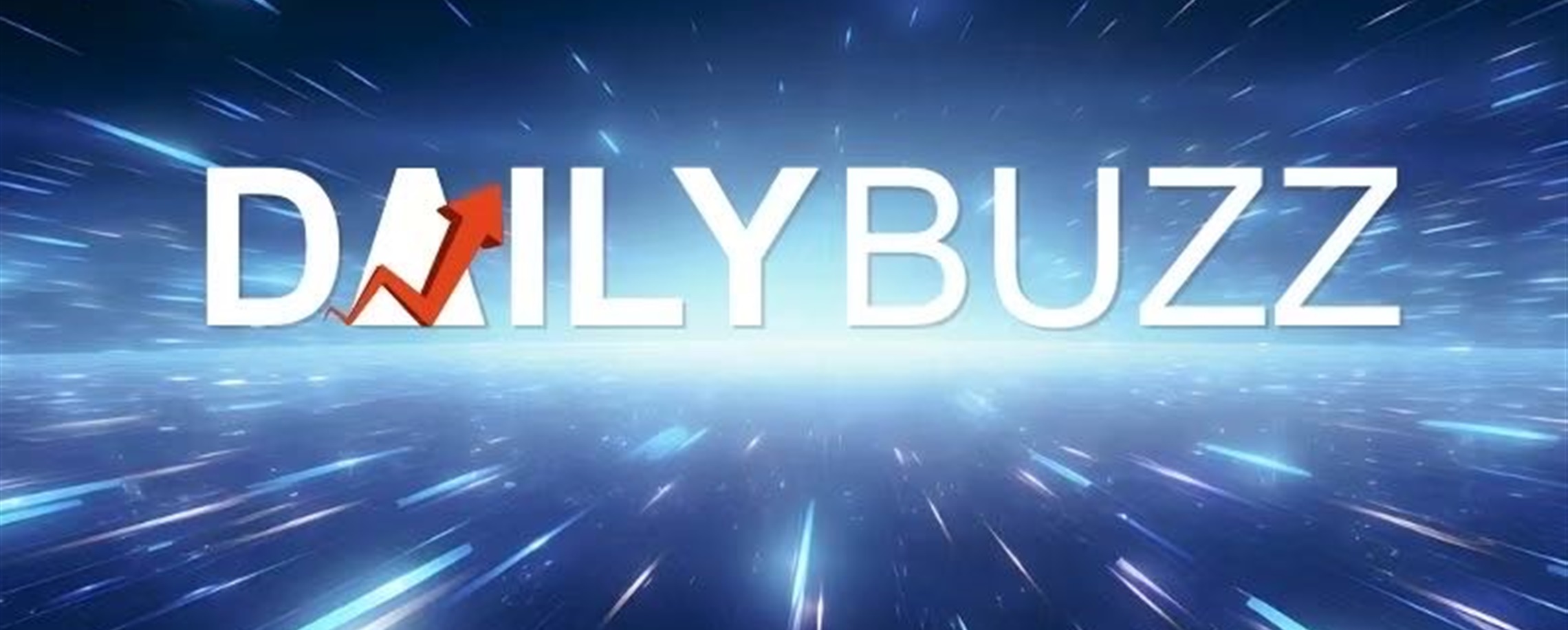
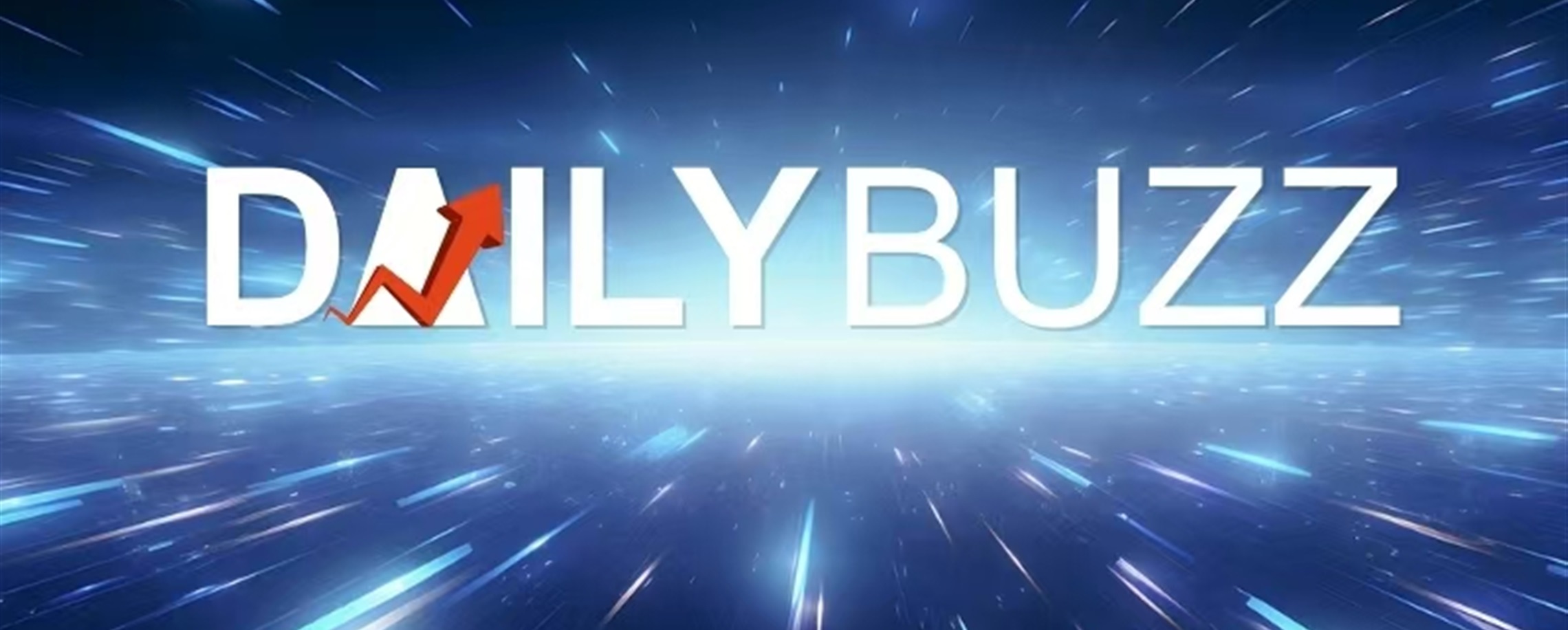

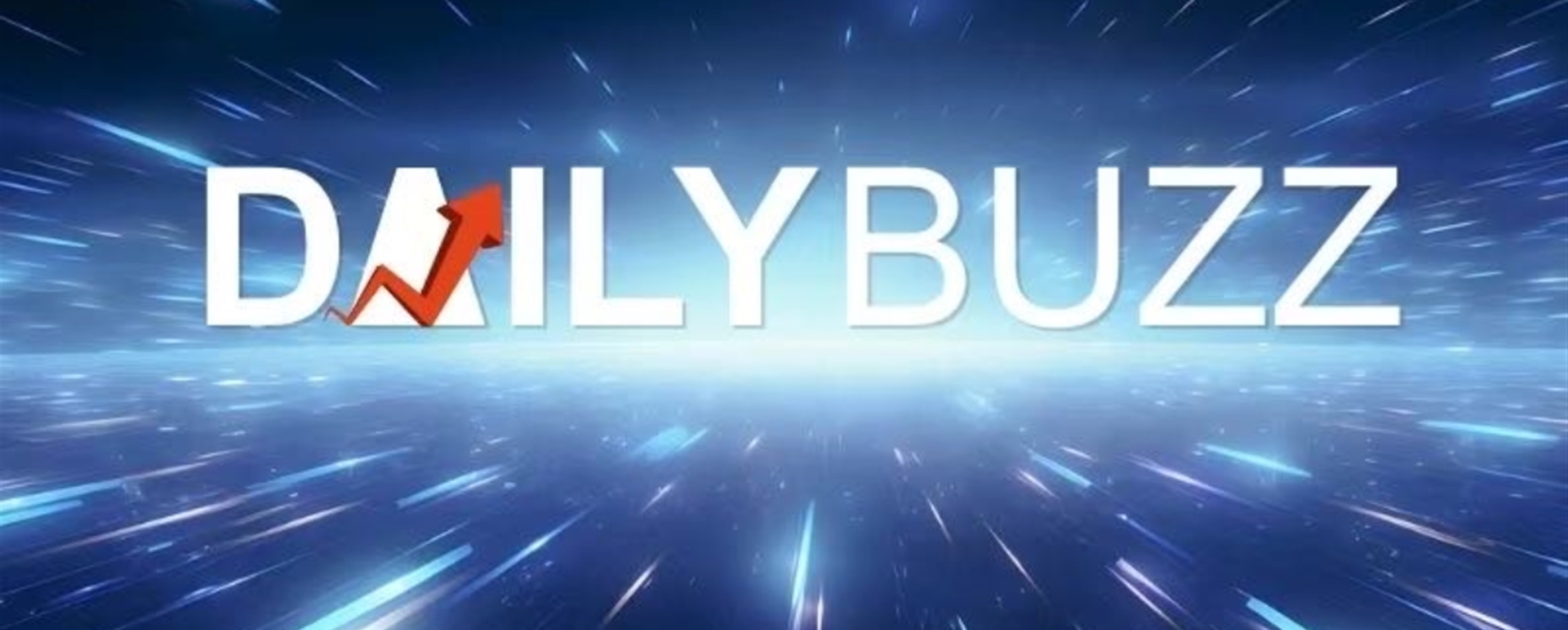
Popular Reads
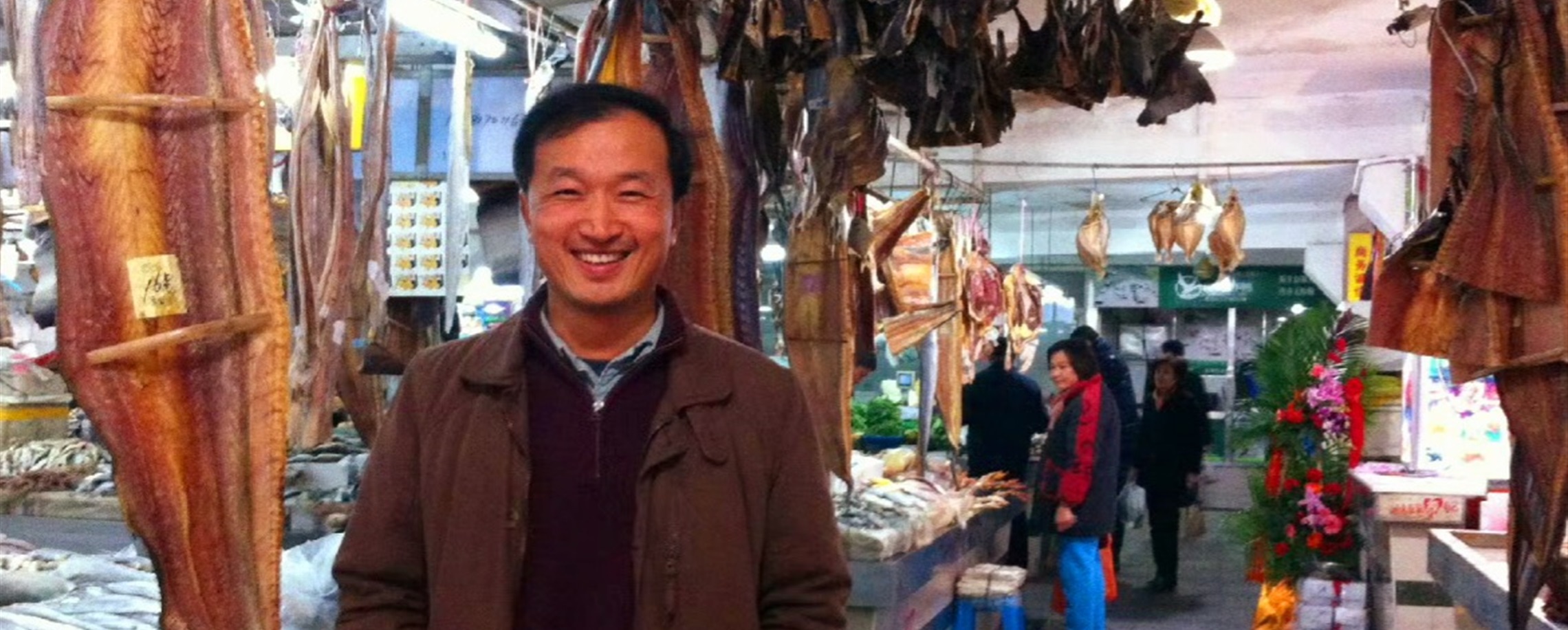
Flowers of Shanghai, Bliss on the Table – a Taipei Man's New Year in the City by the Sea
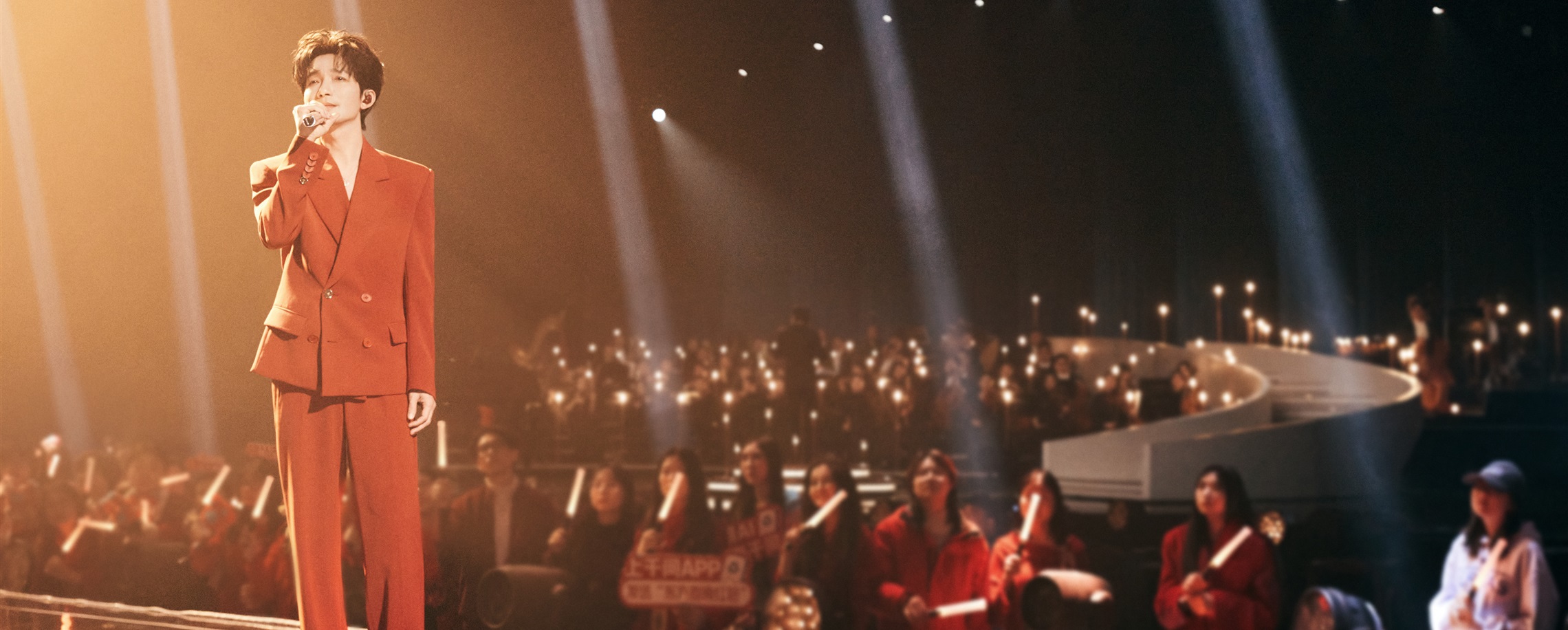
Celebrate Year of the Horse with Star-Studded Galas and Citywide Cultural Activities
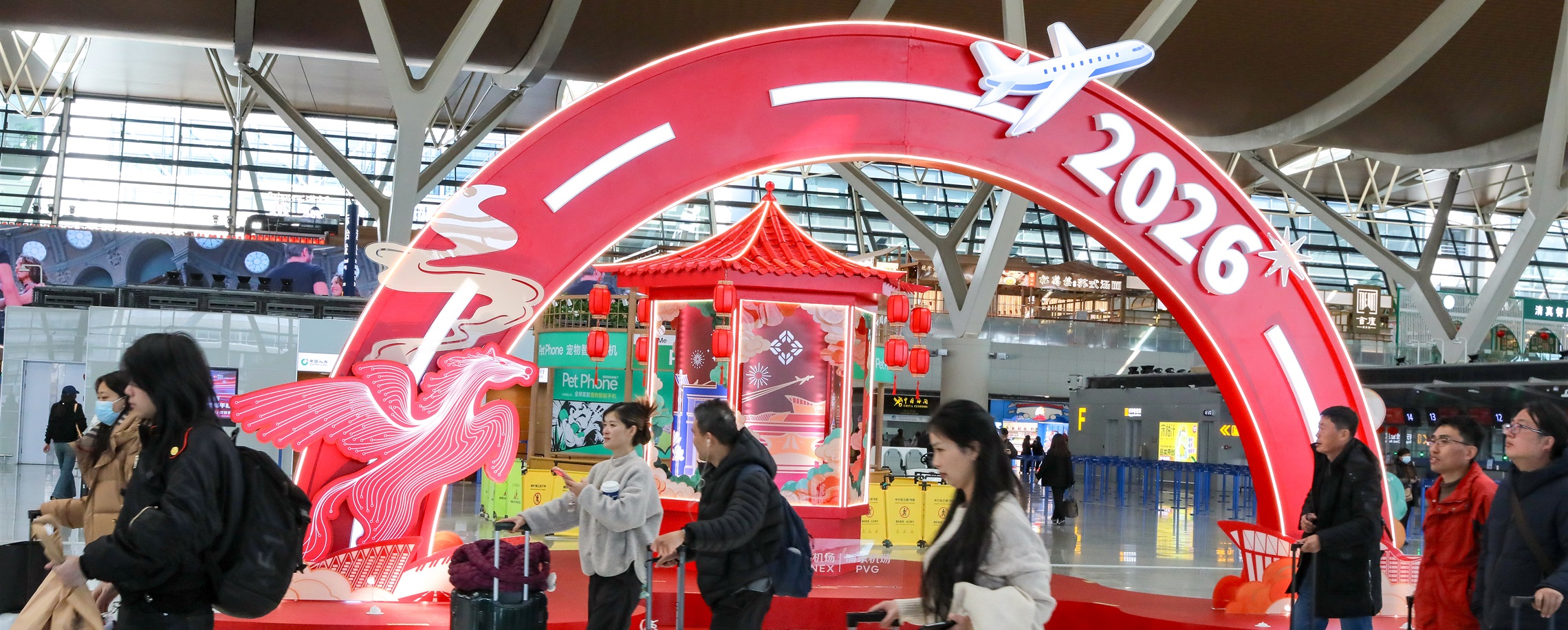
Red Underwear, Reunions and 'Horse' Babies: Global Guests Fly in for Shanghai's Spring Festival


